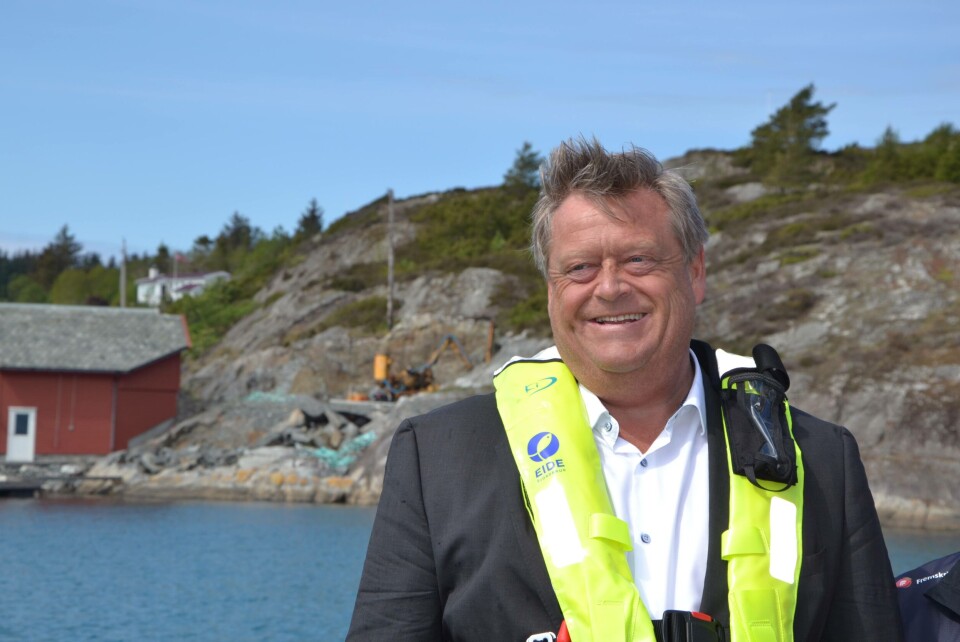
Norway’s algae-hit salmon farmers given extra capacity
Salmon farmers who lost thousands of tonnes of fish because of harmful algal blooms in northern Norway can apply to increase production over the next five years, Norwegian fisheries minister Harald T Nesvik has announced.
“We are now giving salmon farmers who are affected by the algae bloom in the north the opportunity to recover some of the lost production. It is important to take care of jobs over time,” said Nesvik.
The algal blooms in Nordland and Troms in May and June led to large amounts of fish being lost. This resulted in major losses for the aquaculture industry, which will and already has had negative effects on the local communities. For example, it has led to lay-offs salmon processing plants.
‘Special situation’
Nesvik will give farmers who are affected the opportunity to recover up to 60% of the loss by allowing them to increase production over the next five years.
“This is a very special situation, which surprised the farmers. I think it is reasonable to give those who have been affected the opportunity to recover some of the lost production over time,” said the minister.
Nesvik emphasised that this must not be interpreted as saying that the authorities are taking over the financial risk that farmers can face in other situations, such as in the case of outbreaks of disease.
“The aquaculture industry should not expect that similar schemes will come in the future,” he warned.
No significant environmental impacts
The Ministry of Trade, Industry and Fisheries made the decision that the farmers can apply for an exemption, and the Directorate of Fisheries will handle the applications.
The ministry assumes that the scheme, as it is designed, will not have significant environmental impacts of significance.
The Directorate of Fisheries will now contact the affected farmers to inform them about the documentation needed for the treatment of exemptions. The Directorate will then aim for a speedy handling of any dispensation applications.
The Directorate of Fisheries, the Norwegian Food Safety Authority, the Institute of Marine Research and others have worked closely with the affected farmers to handle the situation and find solutions.
“I want to send a thank you to those who have been working both late and early to handle this situation,” said Nesvik.























































